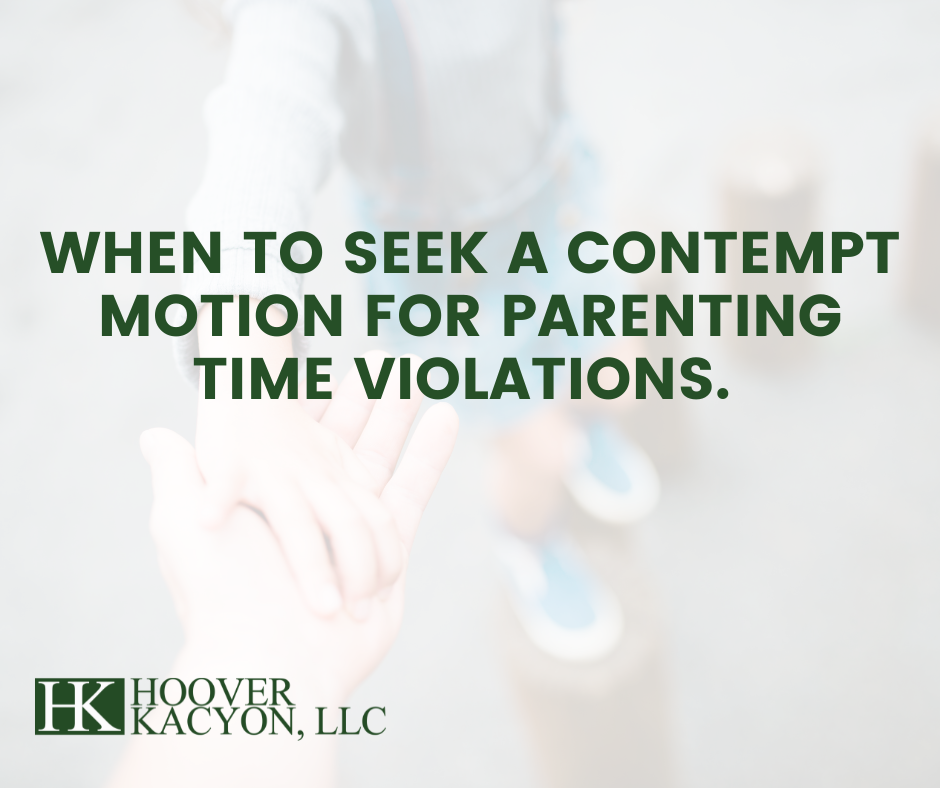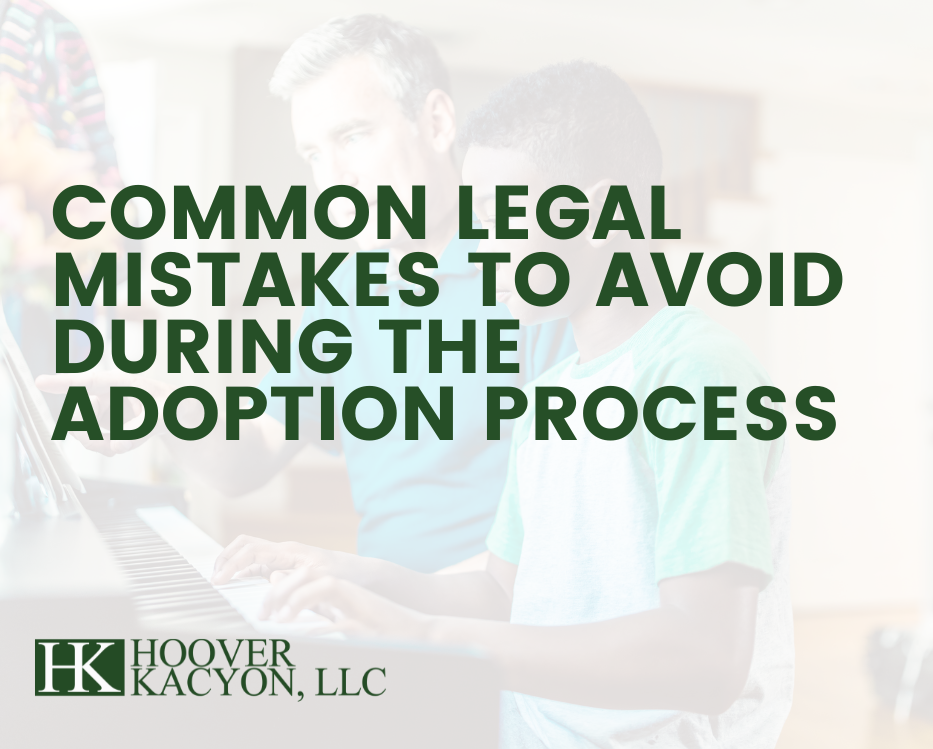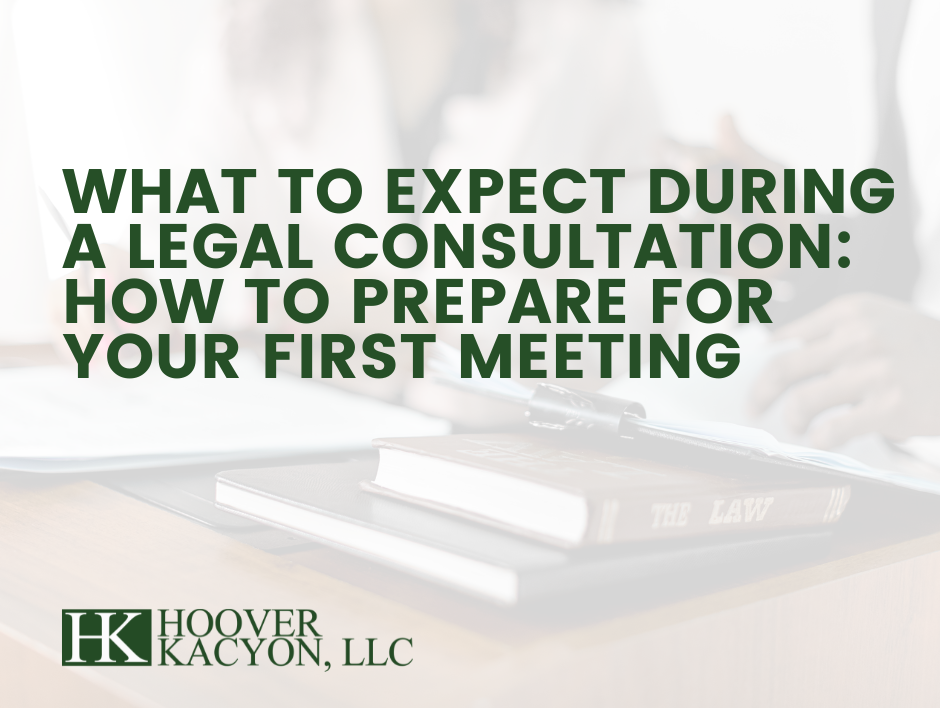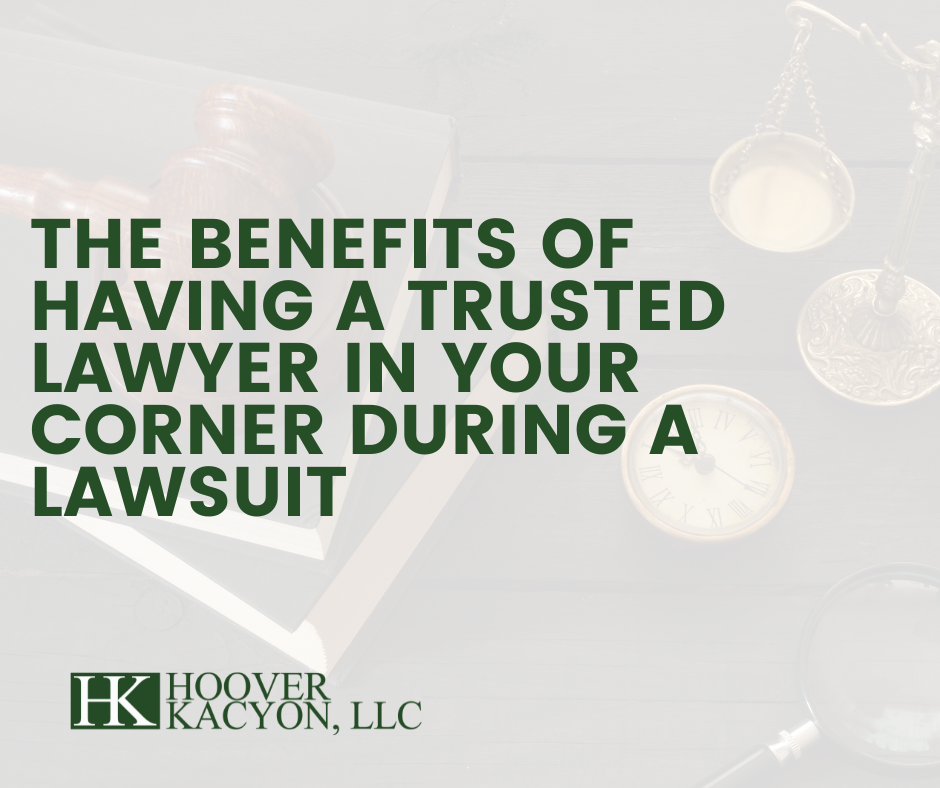Regardless of your age, having a will is important. Tomorrow is not promised, and a will is a legal document providing instructions on how to distribute your estate and assets posthumously. If you do not have a will or trust in place, in the event of your death, a court will decide how to distribute your estate.
It is also important to note that each state has its own set of laws that govern the requirements of a valid will. You should update your will periodically to accurately reflect your current situation.
Things to include in a will are:
- Personal information: Include any alias you may use, as well as the names of your family members.
- Testamentary intent: This is the legal language declaring what the document is, which is required for the validity of the will.
- Assets and beneficiaries: Your will should have a detailed inventory of your property and assets and how they should be divided and distributed among those you name as beneficiaries.
- Appointment of an executor: The executor is the person responsible for carrying out the terms of your will.
- Appointment of guardian: If you have minor children or pets who will need to be cared for following your death.
- Signatures of the testator and witnesses: Witness signatures are typically required to affirm that you were of sound mind when you signed the will.
Things you should not include in your will include:
- Personal wishes or requests regarding the funeral or memorial service arrangements. Because a will must go through court processes, which take time, your request may not make it to the appropriate person before services have already been concluded; it is better to provide family members with a letter of instruction.
- Coverage for a beneficiary with special needs. It is highly advisable that you speak with an estate planning attorney regarding this issue, especially if the beneficiary receives government aid.
- Certain types of property or businesses and any other assets you don’t want going through probate. Talk to your estate planning attorney about setting up a trust fund for these types of assets.
Remember, a will does not cover everything, so it is advisable to look into the other estate planning tools available to you. Consulting with an estate planning attorney can give you the peace of mind that your final wishes are carried out. It can also save your loved ones expensive court battles over your estate once you’ve passed.
The lawyers at Hoover Kacyon, LLC., are dedicated to supporting our clients. We deliver the highest quality legal representation from a team of professionals while also providing excellent customer service. Call us at
330-922-4491
or
contact us online to make an appointment.
Recent Posts









YOU MIGHT ALSO LIKE









